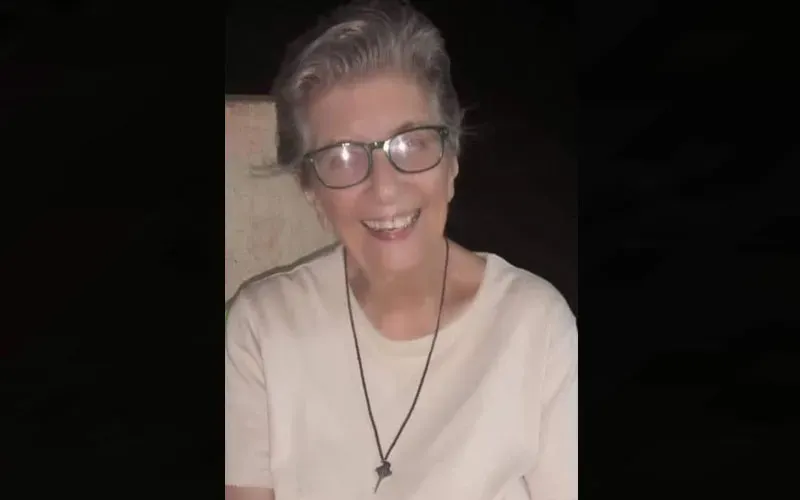
Kaya, Burkina Faso, Apr 5, 2022 / 13:08 pm (CNA).
Prayers are being sought for the safe release of Sister Suellen Tennyson, 83, an American Catholic nun who was reportedly kidnapped in Burkina Faso the night of April 4.
“On the night of Monday 4 to Tuesday 5 April 2022, Unidentified Armed Men (UAM) visited the community of nuns in Yalgo Parish of the Diocese of Kaya. They abducted Sister Suellen Tennyson, from the Congregation of Marianite Sisters of the Holy Cross,” Bishop Théophile Nare of Kaya said in an April 5 statement shared with ACI Africa.
The bishop added, “Sr. Suellen Tennyson was taken to an unknown destination by her kidnappers who, before leaving, vandalized rooms (and) damaged the community vehicle, which they attempted to take with them.”
“Until the search for her is successful, we remain in communion of prayer for the release of Sr. Suellen Tennyson,” Bishop Nare stated.
The Burkinabé bishop continued, “We also pray for her sisters, for her congregation, as well as for the pastoral agents and the faithful of Yalgo Parish located some 110 kilometers from Kaya.”
Sister Tennyson has been serving in the Diocese of Kaya since October 2014.
Burkina Faso, located in West Africa, has seen an increase in Islamist violence in recent years.
A coup took place in the country in January, and the new president has emphasized the importance of restoring security.
The new head of the Burkinabé armed forces, David Kabre, said Feb. 9, “My taking over command coincides with a badly degraded security situation marked by the resurgence of terrorist attacks in several parts of the country,” AFP reported.
A minor seminary near Fada N’gourma was attacked and damaged in February.
Several churches were attacked in 2019, and last year the body of a missing priest was found in a forest.
In December 2019 Bishop Justin Kientega of Ouahigouya said one such church attack was part of an attempt by radical Islamists to “provoke a conflict between the religions in a country where Christians and Muslims have always lived peaceably side by side.”
About 60 percent of the Burkinabé population is Muslim, 23 percent is Christian (most of whom are Catholic), and 15 percent follow traditional indigenous beliefs.
If you value the news and views Catholic World Report provides, please consider donating to support our efforts. Your contribution will help us continue to make CWR available to all readers worldwide for free, without a subscription. Thank you for your generosity!
Click here for more information on donating to CWR. Click here to sign up for our newsletter.




Leave a Reply